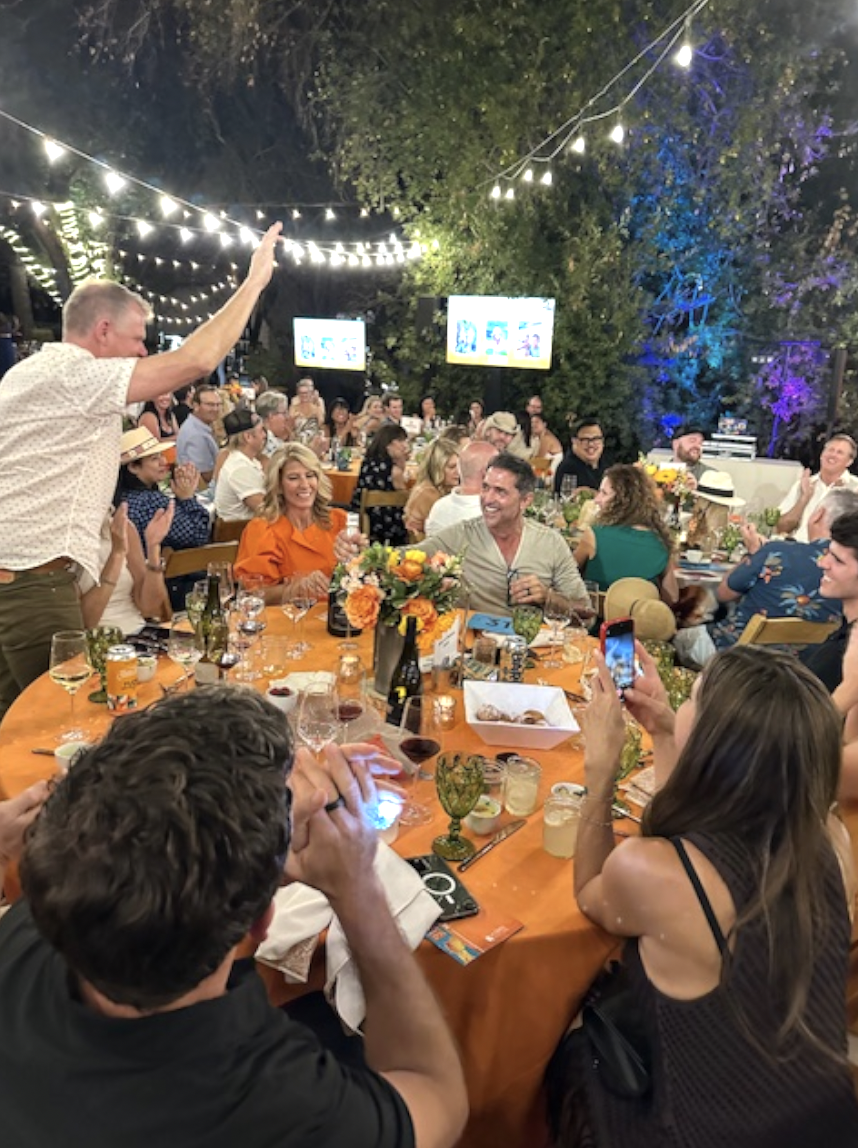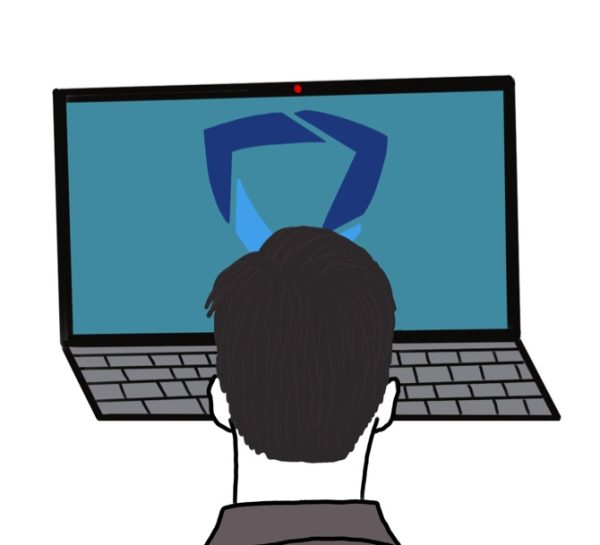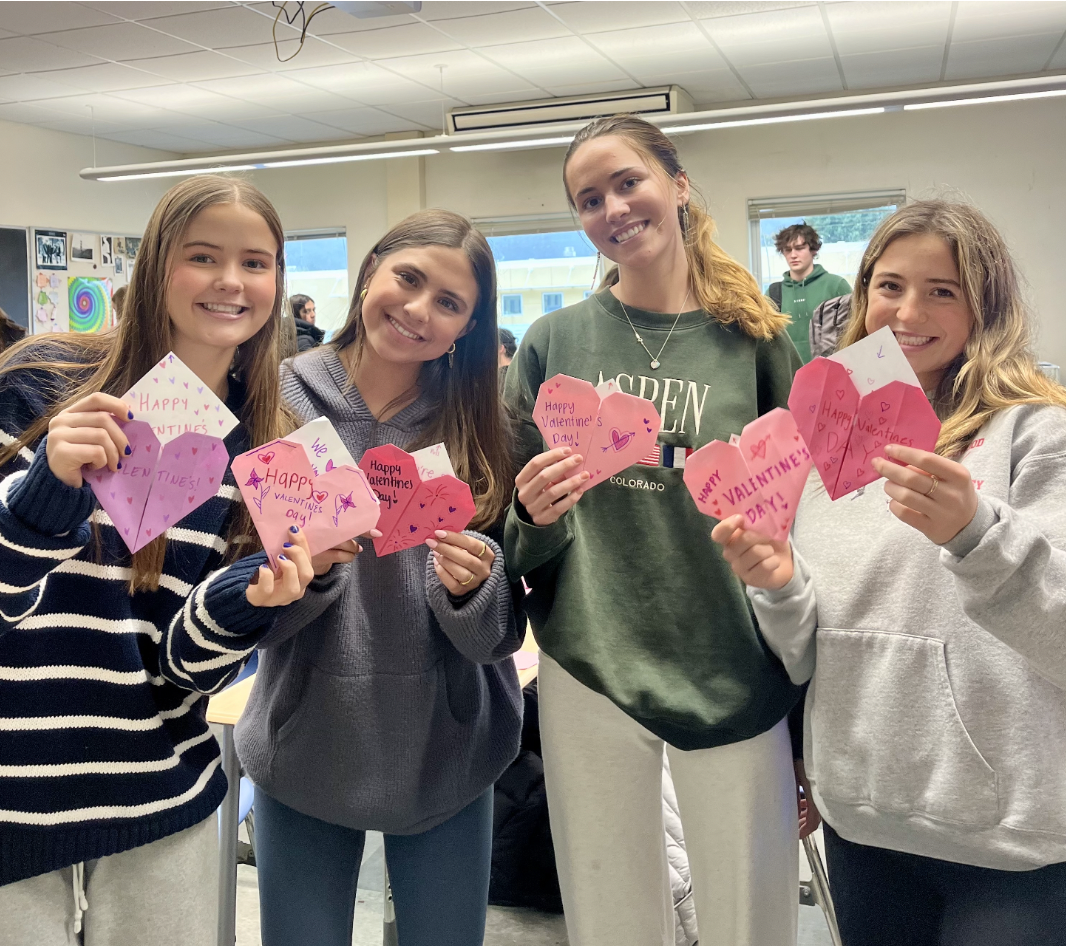“Dylan,” a Redwood senior who wishes to remain anonymous, walks into a small family-owned liquor store on a Friday night and picks up a case of beer and a bottle of vodka. He sets everything on the counter, hands over his driver’s license and cash and walks out to his friend’s car waiting in the parking lot. While this transaction seems innocuous, Dylan is actually using a fake ID to purchase alcohol to bring to a party of underage students.
Dylan is not alone in his possession of a fake ID. In fact, in a March survey conducted by the Bark, 11 percent of students admitted to owning a fake ID, while 18 percent admitted to acquiring alcohol from a friend who has a fake ID. In the same survey, 42 percent of students surveyed said they do not use alcohol or other products prohibited for minors, meaning that the remaining 58 percent are obtaining alcohol through illegal methods.
Only five percent of students surveyed said they have parents or have friends with parents who knowingly provide them with alcohol. So how are students getting alcohol without a fake ID? According to the survey, 15 percent of students self reported getting their alcohol or other substance through stealing.
While the student survey suggested that fake ID use is common in the Redwood Community, Officer Anthony Shaw of the Tiburon Police Department said that from his experiences, “[minors] usually [get alcohol] through other methods. They try to buy it or ask someone else to buy it for them, or they steal it, there’s a million different ways to get alcohol.”
Zee Damani, owner of Zee’s Deli, Wine, and Spirits in Kentfield, believes that parents should accept some of the responsibility when their kids steal illegal substances.
“If a kid steals from my store, it’s still my problem, but I think it’s something that parents should handle if their kid is going out and stealing alcohol,” said Damani.
Depending on the amount of alcohol or other substance stolen, charges can range from petty theft to commercial burglary, according to the Shouse law group, a law group based in the Bay Area.
Just like stealing, possessing a fake ID is illegal, but despite the legal risks, the process of getting a fake ID was simple, according to Dylan.
“My friends and I just ordered them online. You just enter your information, then what state you want, give them a photo and then you get it,” Dylan said.
Dylan remembers paying around 50 dollars for his fake ID. He assumed that it was made in China as it took a few months to be shipped to the United States. Ever since he received the ID, Dylan has been able to use it quite frequently, usually about two weekends a month, without any problems. However, some of his friends have gotten their cards taken away by cashiers.
“[The cashier] just took it, and nothing ever came from it. They didn’t call the cops or anything,” Dylan said.
If the cashier does happen to call the police, there are punishments for having a fake ID. According to the California Department of Alcoholic Beverage Control (ABC), anyone caught with a fake ID could face a $1,000 fine, 24-32 hours of community service and a one-year suspension of their driver’s license.
The maker of the fake ID would also be prosecuted, according to Officer Sahy of the Tiburon Police Department.
“If somebody’s making fake IDs I’m sure they’ve made more than just one. We don’t want people going around with fake IDs falsely presenting themselves to anybody, whether it be a store employee when they’re purchasing alcohol or a law enforcement officer,” Shaw said.
Dylan said that when cashiers are suspicious, they ask the buyer questions about the information displayed on the card, like the birth date or address.
Damani is very familiar with the use of fake IDs. After owning a liquor store for more than a decade, he said he has seen his fair share of them.
No matter the circumstances, Damani, like any other cashier, is legally obliged to ask for identification of any customer who purchases alcohol. Usually this process works smoothly, but when Damani notices any red flags, he looks at the ID under a blacklight, pays close attention to the color scheming and makes sure the signature is raised.
“Even if it scans, we have a right to say no if we think the kid is too young. Usually I just deny [the purchase] and don’t take the card, but if the customer argues, then I call the cops,” Damani said.
Even when a cashier does not know that the customer is under 21 and is using a false form of identification, they face the same penalty as a cashier who knowingly provides to a minor, which can cause a $1,000 fine and up to 24 hours of community service. Fully aware of these punishments, Damani will do anything it takes to avoid selling to a minor.
“I went to Novato High, and I have friends that have actually died in [alcohol related] car accidents, so we are very strict [on monitoring fake IDs.]”







The consequences of fake ID’s are severe for not only the students using them, but for anyone involved in the operation. Fake ID’s are a prevalent issue in our community, but raising awareness and educating students about false identification can remind them of the risks involved with the use of illegal substances.













